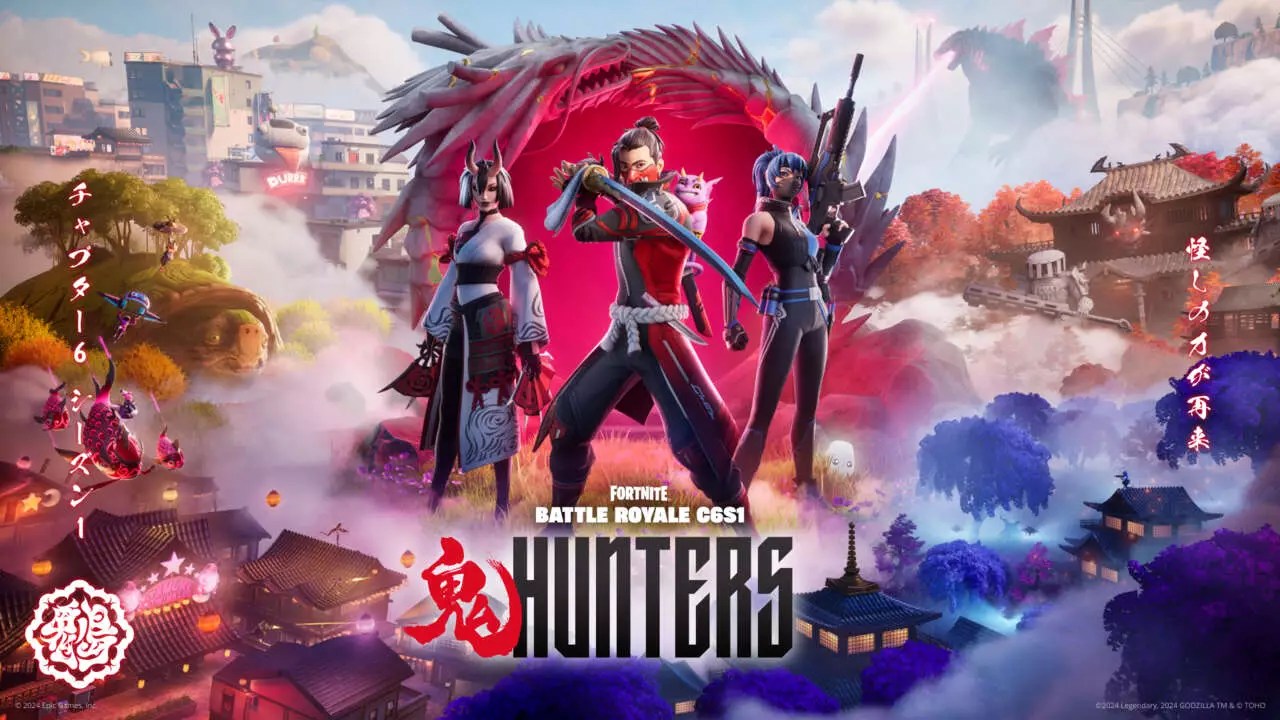Since its inception, Fortnite has evolved far beyond its original premise as a battle royale game. Initially defined by 100-player last-standing battles, the title now features a plethora of engaging experiences that cater to diverse gaming preferences. In its seventh year, Fortnite has transformed into a vibrant metaverse, encompassing various mini-games, seasonal events like Fortnite Festival, and even collaborations with iconic franchises such as Lego. This multifaceted expansion means that when players refer to “games like Fortnite,” the interpretation has grown complex. It no longer strictly denotes battle royale clones; it encompasses a variety of gaming experiences that satisfy a wide array of gamers.
Player engagement in Fortnite can be categorized into different camps: those who dive into every new experience the game offers and those who prefer to stick to familiar modes. Both playstyles are valid and reflect personal preferences in how one enjoys gaming. While some players relish the continuous innovation and exploration of new content, others find comfort in honing their skills within the well-established battle royale format. This divergence in player behavior highlights why the phrase “games like Fortnite” can now lead to vastly different discussions. The touchpoints for comparing Fortnite to other titles have expanded, drawing from its broader gaming ecosystem rather than strictly from its battle royale roots.
Acknowledging that “games like Fortnite” means different things leads us to a critical assessment of other gaming titles that provide similar experiences in various niches. Rather than looking for direct battle royale imitators, it is more beneficial to explore games that share Fortnite’s diversity in engaging mechanics, aesthetics, and social interactions. Several free-to-play games have successfully incorporated aspects that make Fortnite captivating, such as creative building, exploring expansive worlds, or engaging in lively competitions. By focusing on these traits, gamers can uncover new favorites beyond the direct shadow of Fortnite.
From free multiplayer experiences to creative sandbox simulations, various games strike chords that resonate with Fortnite players. Titles like Apex Legends and Call of Duty: Warzone keep the battle royale spirit alive, while games such as Minecraft and Roblox offer fostering creativity and collaborative play akin to Fortnite Creative. Additionally, games like Fall Guys tap into the whimsical and competitive elements that Fortnite has popularized. Recommendations should reflect not only gameplay similarities but also community engagement that Fortnite fans can relate to.
The evolution of Fortnite reflects a broader trend in gaming, where titles adapt and grow into expansive ecosystems that cater to diverse player preferences. As a result, the notion of “games like Fortnite” has expanded significantly. Gamers are encouraged to explore this rich landscape, understanding that many avenues exist for enjoyment beyond the common understanding of battle royale. Ultimately, Fortnite’s ongoing journey as a game and cultural phenomenon invites players to not only seek alternatives, but also to appreciate the multifaceted experiences that modern gaming has to offer.


Leave a Reply